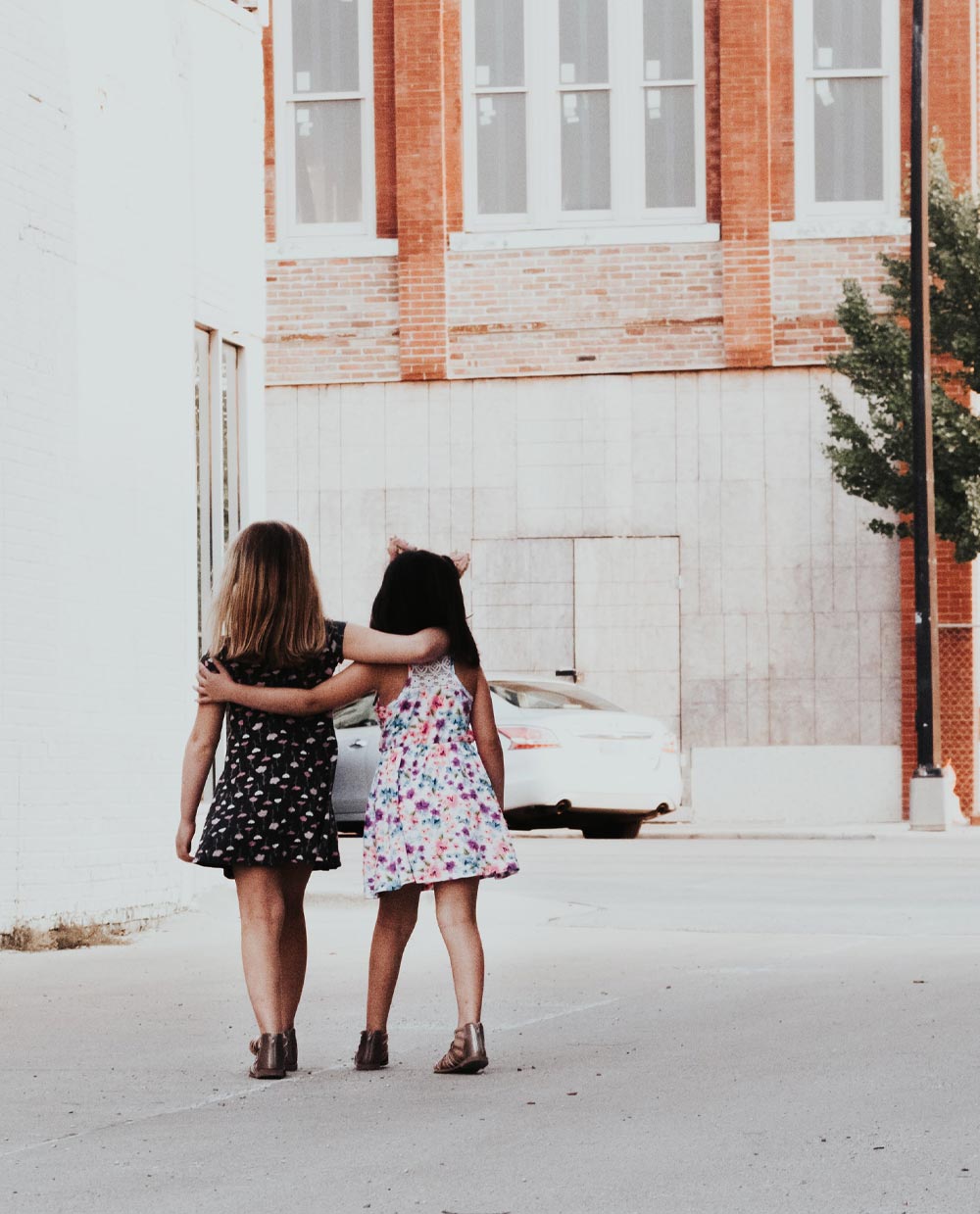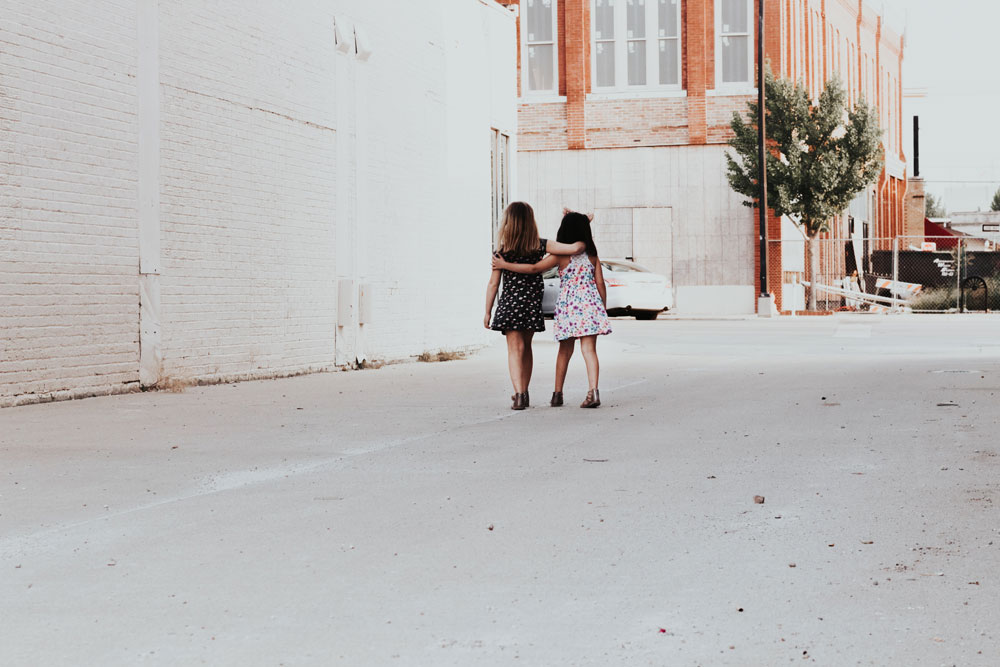5 Things I Wish I Learned in School


Photo by Andrea Tummons on Unsplash
I turned 31 a couple of months ago and it’s prompted me to ruminate over what it means to be an adult, now that my adolescence has long ended. Half a lifetime ago, I was fresh out of the schooling system and now, half a lifetime after, I’m back in it, only this time I’m on the other side of the fence – an educator of young minds.
I teach mathematics to teenagers – a tough subject for a tough audience – and a couple of years ago I made the conscious decision to no longer grade their homework.
That choice wasn’t purposeful, originally, it was motivated by my own laziness. Grading papers is boring work, it can legitimately induce migraines. It’s not school-mandated so I’ve had the option of never doing it. Eventually, I started to think about whether it was important at all. What benefit did it have for students?
I thought about my own time as a student. I remembered how we all got together and copied homework from each other just so we wouldn’t get in trouble. Very few of us ever really knew how to do the homework, most of us learned how to complete the homework without really learning anything.
I didn’t want to continue that cycle.
I decided to no longer punish kids for not doing the homework and, instead, opted for creating an environment where students felt comfortable admitting that the homework was too hard for them. Students were free to ask me about questions they didn’t understand or ask for a refresher if they didn’t know how to do it.
They were encouraged to seek help from their friends and family and were allowed to cooperate and collaborate. By the end of the term, their grades were higher, their approach to mathematics was more passionate and they helped each other. I wish I learned to study this way when I was a student and it’s one of the many things I wished my school had done differently.
As an educator, you give to kids what you wish you had received growing up. I never had anyone teach me how to navigate my mental health, so I had to learn it the hard way as an adult. Of course, none of my teachers were mental health experts, sure, but I’ve come to realize that you don’t need to be an expert to be aware of some basics.
I’ve taught my students how to respect people’s boundaries and enforce their own. I’ve taught them to value the time and effort given to them by educators so they don’t treat school as a chore but as an opportunity. I’ve taught them to understand their own limits and bandwidth and take the space they need so they don’t burn out. I wish I had learned this in school, every time I burned out myself.
I’ve also never taken care of a household while growing up and I find that skill more valuable than any other subject I’ve ever acquired as an adult. We were never taught to clean a space, to feed ourselves, to make a livable space for other human beings, and I’ve found those skills to be immeasurably important as an adult–skills that I would have loved to have learned as a habit taught in school.
The kids in my classroom keep their spaces clean, they respect the space they occupy and they have an immediate response to spills. These skills aren’t hard to teach and they don’t need a class of their own, it was just simple habit building that benefits you greatly when you carry that into adulthood.
Additionally, I’ve never been taught first-aid or how to use a fire extinguisher or basic crisis management – skills that I’ve found were simple, but crucials lessons to teach.
Reflecting back, my school system never really made any effort towards teaching me how to implement sensitivity, empathy and tolerance as an exercise. Schools have, what I like to call, a “punishment culture” where bad behaviour is punished instead of corrected, and I’ve realized, as an adult, how flawed this system actually is.
Children, in this environment, fear being punished more than they have any incentive to be caring for each other and will resort to lying, hiding, and even gaslighting to avoid these punishments.
You want kids to take accountability for their actions because they respect and value the harm done to another individual and want to make reparations. You can only be doing this by encouraging this as a culture. You need to create an environment where you aren’t punished but educated.
Teachers and educators just throwing a quick “don’t be sexist” and “discrimination is wrong” is empty virtue signaling, you need to really teach this as a skill and habit. I wish school taught us how to be good people, in practice, before the lack of education translated into social issues that lead to discrimination and marginalization.
Honestly, despite my remarks, I try not to be harsh on schooling systems now that I have the perspective to understand how they work in practice. Teachers are underpaid, HR issues are unregulated, and children are really really hard to discipline and keep in check.
It’s not an easy job and a lot of teachers emulate teachers from their own childhoods. Cycles can be hard to break especially when you don’t understand how you’re propagating it. Everything I wished schools taught me have been lessons I’ve worked hard to inculcate into my own students.
But, if I could implement these changes in the short time I’ve been in the education system, I know for a fact that it can be done by any other educator in the country. School children of today deserve a better life than the one we grew up with and we owe it to them to provide that.
For a better tomorrow.
